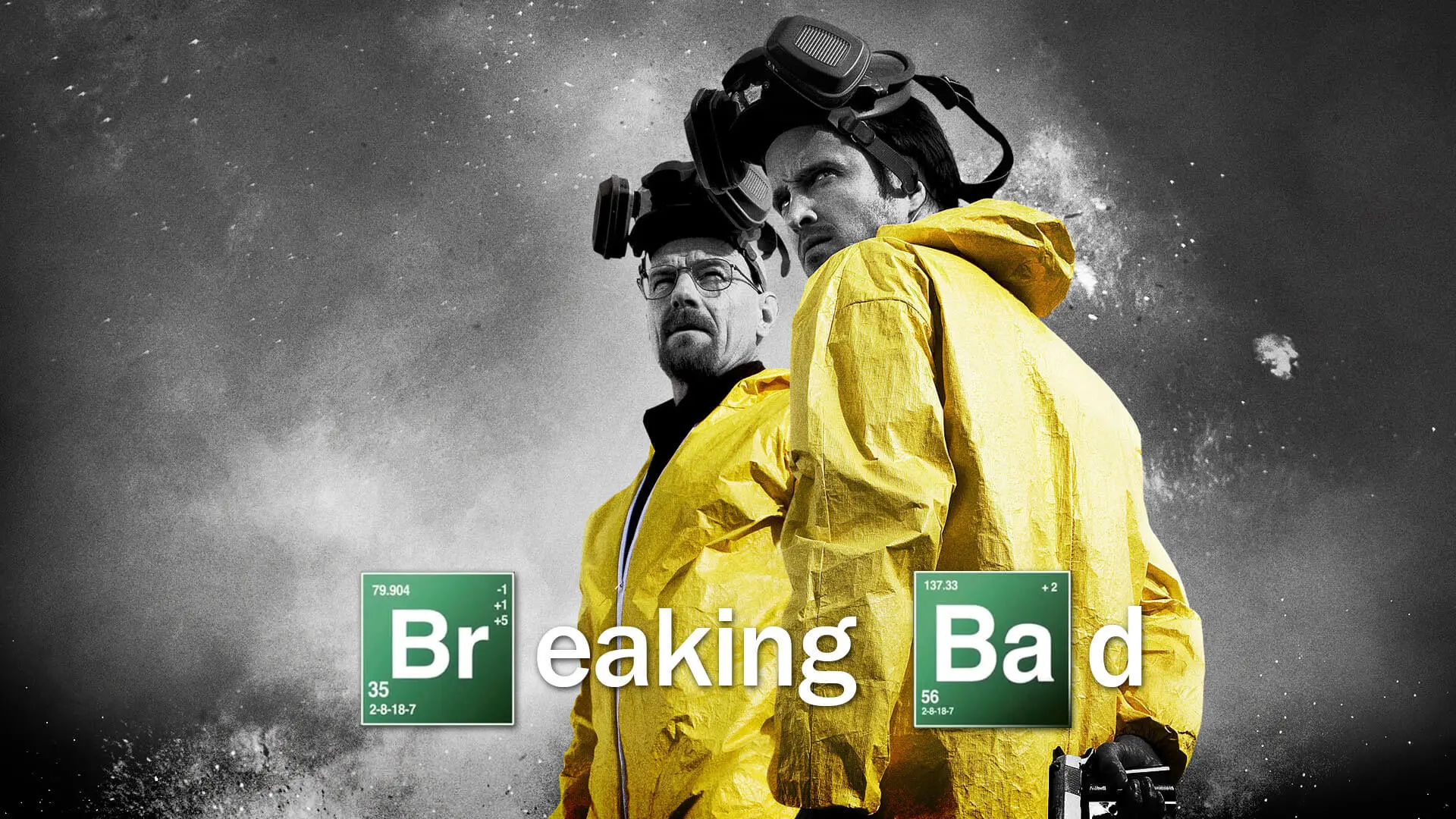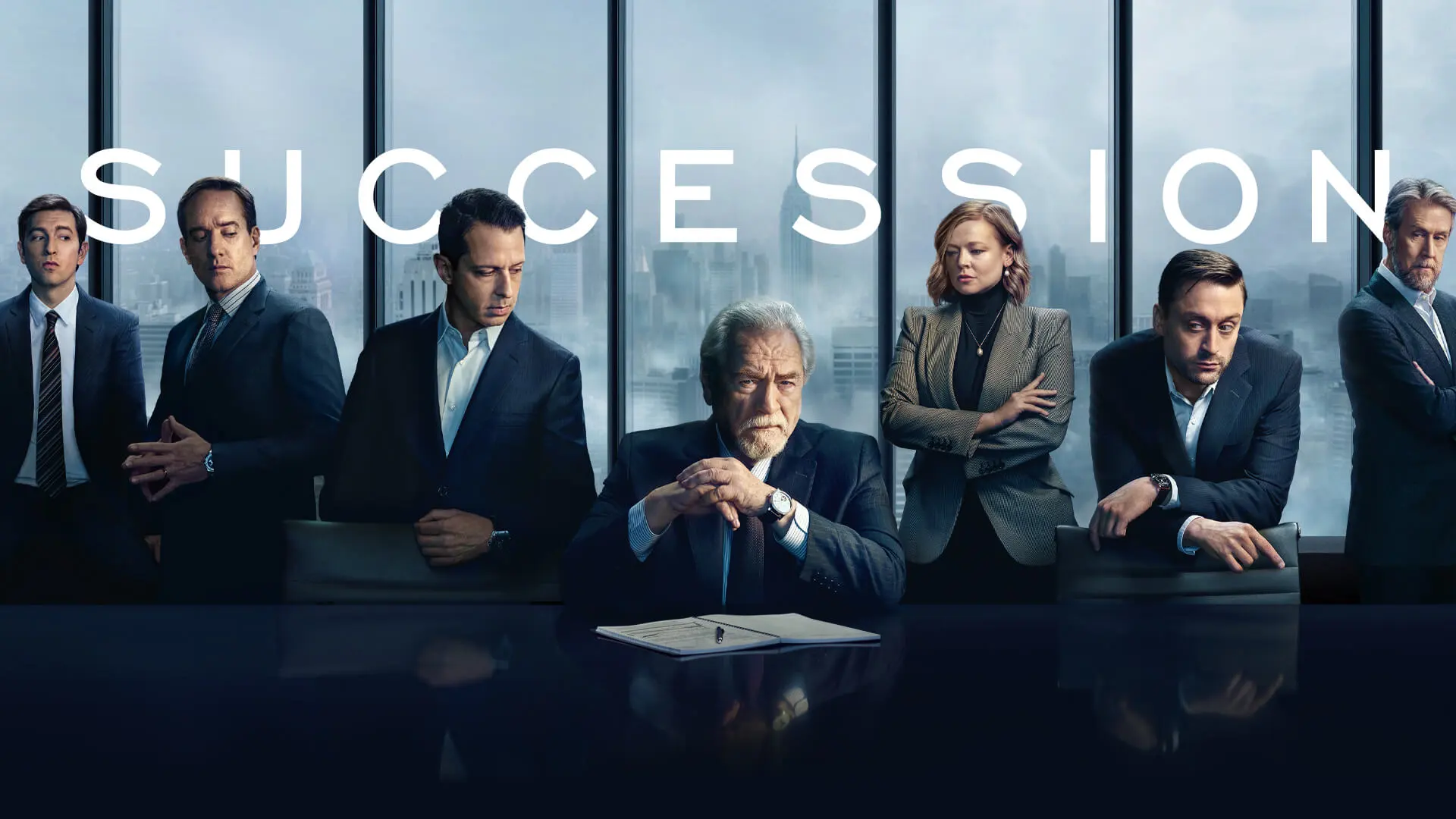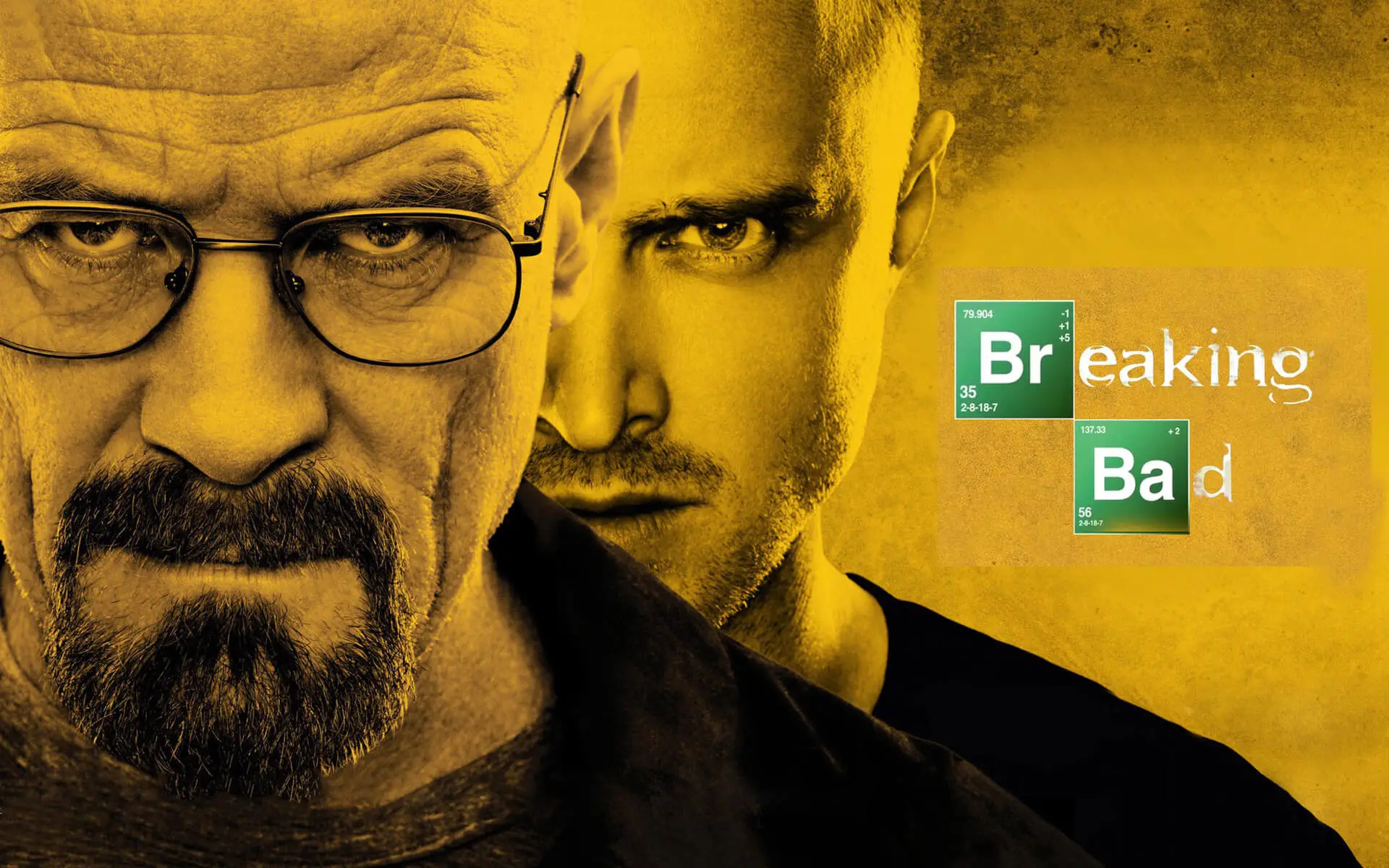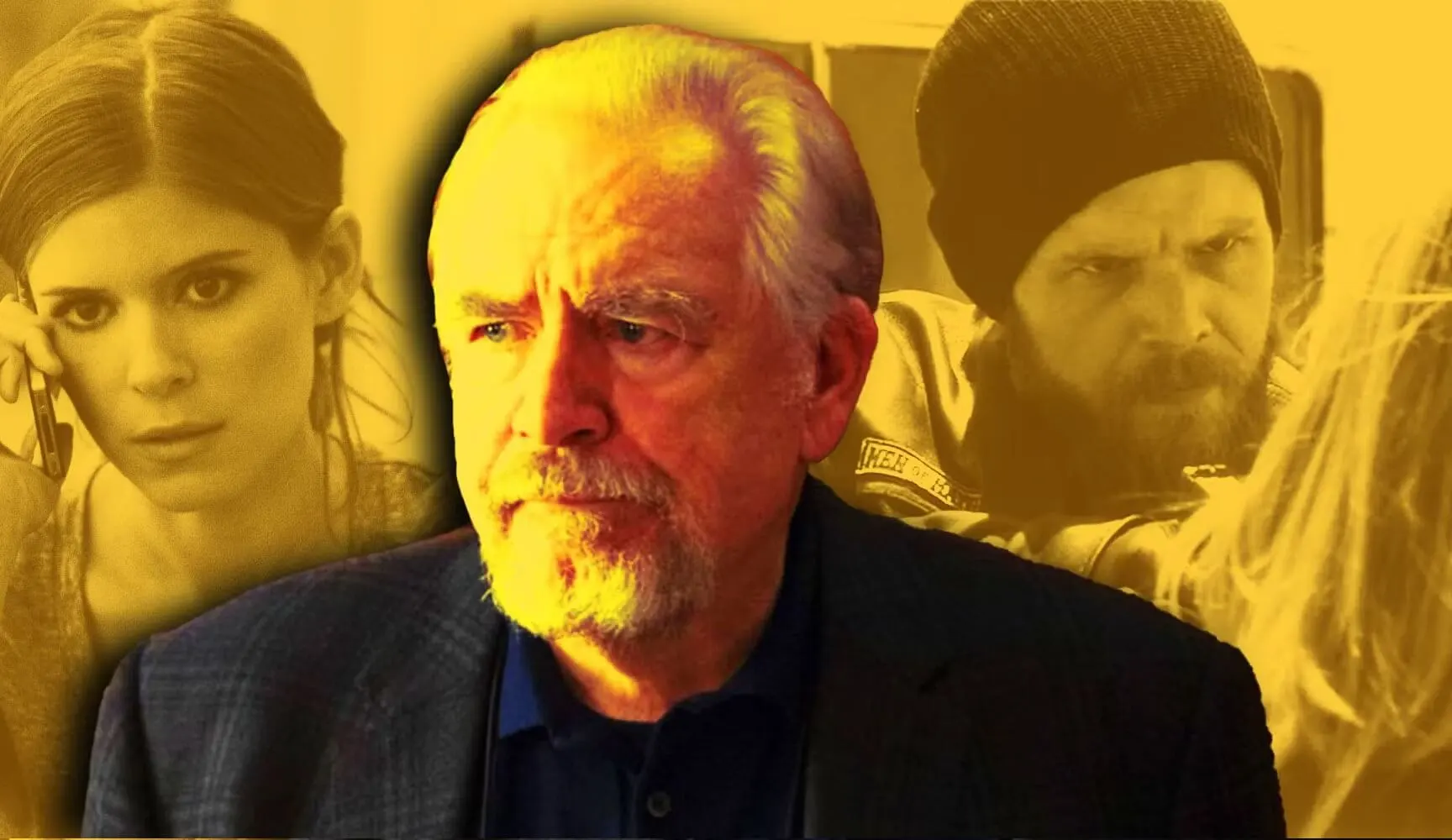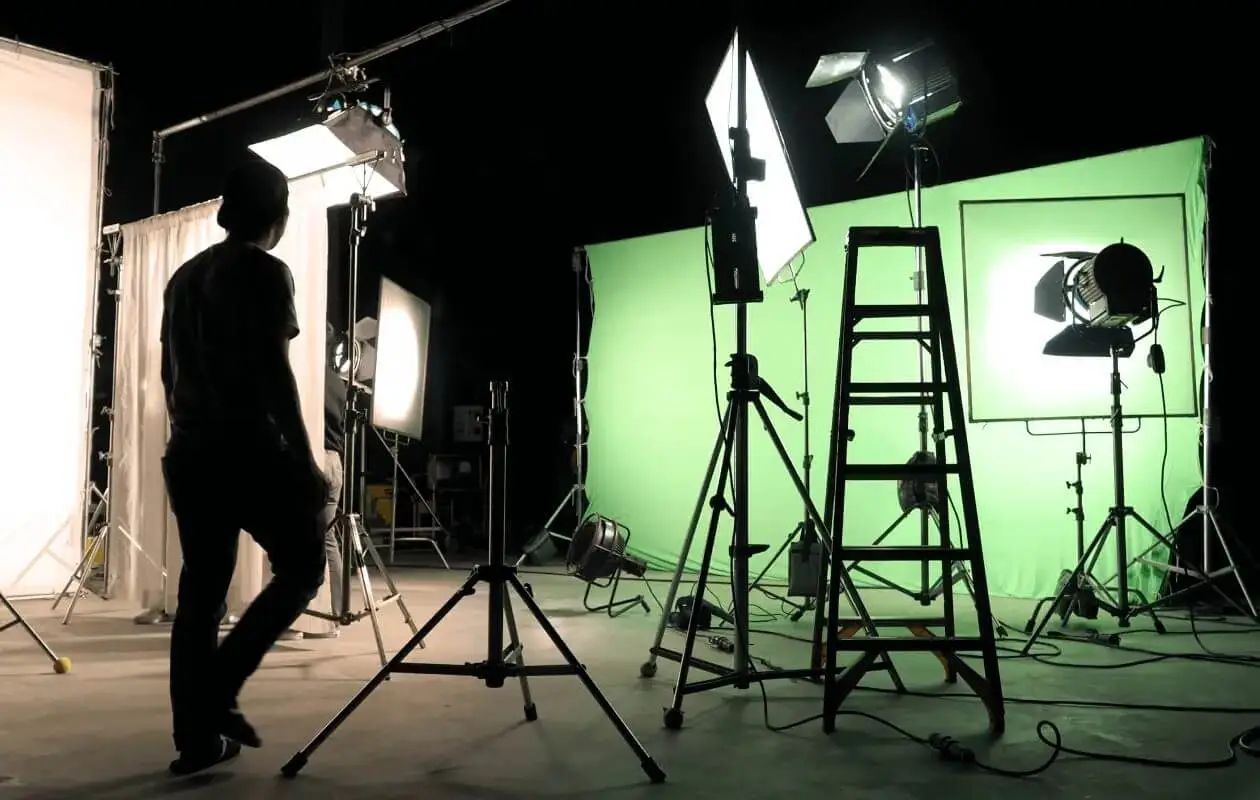David Simon’s Realist Masterpiece: The Wire as a Critique of the War on Drugs
When David Simon began developing The Wire in the early 2000s, he aimed to create a realistic depiction of the “American city” through the lens of its institutions and the people within them. Over the course of its five seasons, The Wire examined several American cities’ political, legal, educational and drug worlds. However, it is widely considered David Simon’s critique of America’s failed “War on Drugs” policies that is the show’s most impactful contribution.
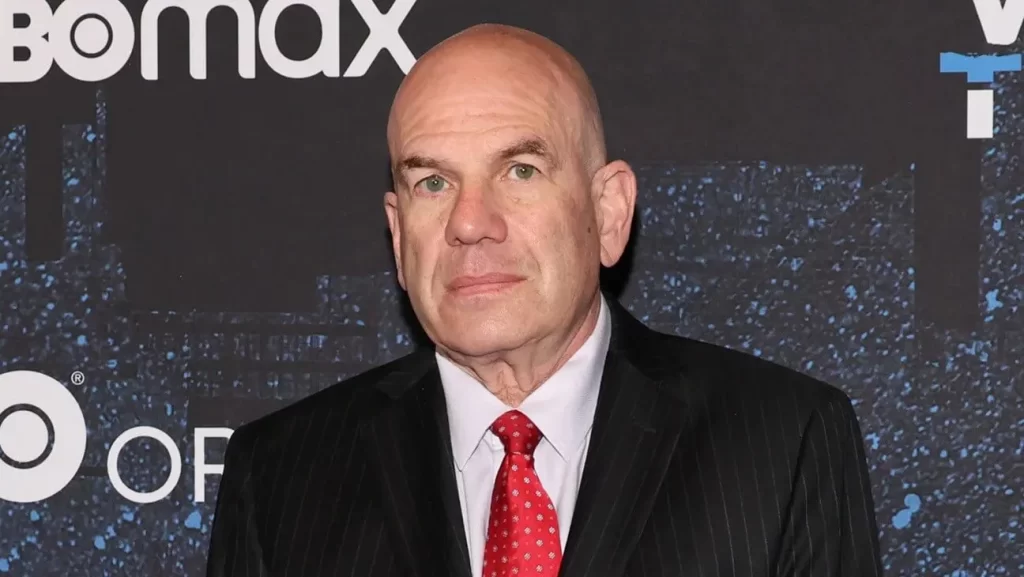
Content
David Simon’s Realist Masterpiece – The Police Perspective
Through the eyes of detectives like Jimmy McNulty and Lester Freamon, David Simon showed how drug enforcement often amounted to a game of cat-and-mouse between police and dealers. No matter how many mid-level dealers they arrested, new ones would quickly fill the void. The show also highlighted how drug prohibition laws disproportionately criminalized and incarcerated people of color. David Simon made it clear that as long as demand existed and drugs were illegal, the drug trade would continue no matter how many were arrested. The police were merely treating symptoms rather than addressing root causes.
The Dealer Perspective
On the street level, David Simon chronicled the rise and fall of drug kingpins like Avon Barksdale and Marlo Stanfield. Viewers saw how violence and corruption were inherent to a criminalized drug trade. They also saw how poverty and lack of opportunities pushed many young black men into the drug game, often as their only path for money and respect. David Simon showed that for many, dealing drugs was more a means of survival than a chosen lifestyle. As long as socioeconomic conditions remained unchanged, there would be no shortage of recruits for the drug trade.
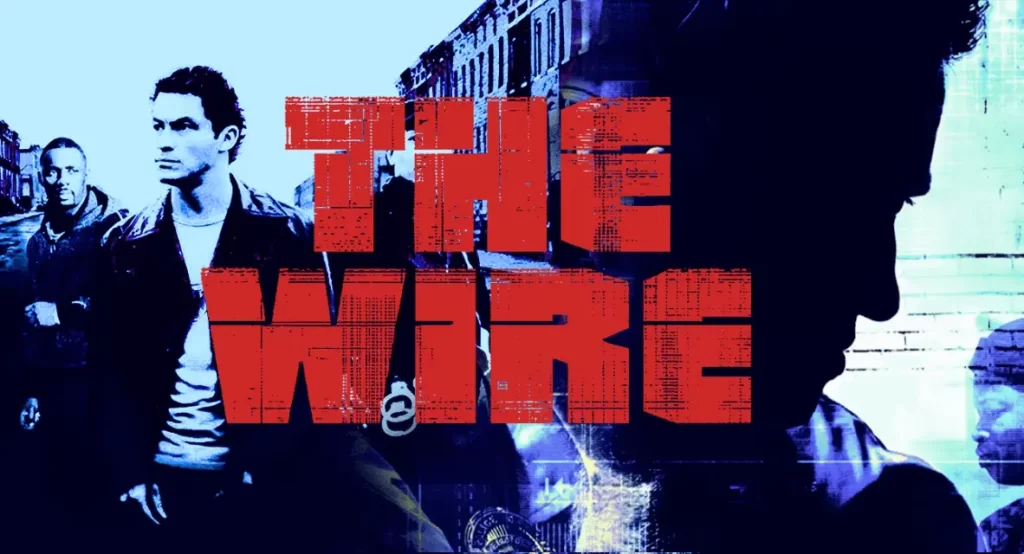
The Political Perspective
Through the actions of politicians like Tommy Carcetti, David Simon highlighted how drug war policies were often more about politics than public safety. Tough-on-crime stances helped ambitious politicians looking to “get tough” and score political points, even if the policies did little to curb drug problems. David Simon also showed how mass incarceration disproportionately impacted minority communities and drained public funds that could be better spent on education, job programs and social services.
The Educational Perspective
In the school system through characters like Principal Royce and teacher Bunny Colvin, David Simon depicted how underfunded, overcrowded public schools often failed children from disadvantaged backgrounds. When students saw little hope for gainful employment, they were more likely to turn to the illegal drug economy. David Simon made it clear that without reforming a broken education system and expanding opportunities for youth, the cycle of poverty, drugs and crime would continue unabated.
In the end, David Simon used The Wire and the lens of David Simon to argue that as long as underlying social and economic conditions persisted, the drug war could never truly be won through enforcement alone. Through prohibition, the drug trade had been criminalized but not curtailed. Only by addressing addiction as a public health issue and expanding opportunities for disadvantaged communities could the grip of the illegal drug economy be loosened. The Wire left viewers with a sobering critique of misguided drug war policies and a call for reform and systemic change.
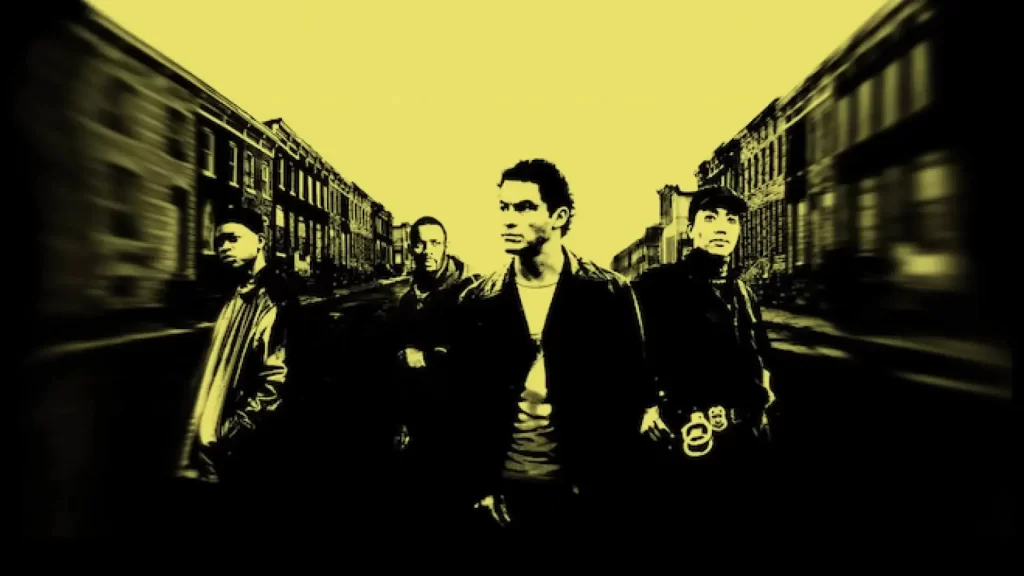
Conclusion
In conclusion, through the lens of David Simon and characters spanning the police, dealers, politicians and educators, The Wire presented a sobering critique of America’s misguided and failed “War on Drugs” policies. Only by addressing underlying social conditions and treating addiction as a public health issue, not a criminal one, could the grip of the illegal drug economy be loosened. Even today, The Wire remains a touchstone work for its unflinching portrayal of urban issues and call for reforming broken systems. It stands as David Simon’s realist masterpiece on the human costs of the drug war.
FAQs
What was David Simon’s background that informed his creation of The Wire?
David Simon had previously worked as a police reporter for the Baltimore Sun. This gave him intimate knowledge of how various Baltimore institutions like the police department and drug trade operated from the inside. It allowed him to create an immersive and realistic portrayal in The Wire.
What impact did The Wire have?
The Wire was praised for its realistic portrayal of urban institutions and issues. It started important national conversations about the failures of the drug war and mass incarceration. Many policymakers and scholars also cite it as having influenced their thinking around criminal justice and social reform. It remains one of the most acclaimed and critically praised TV shows ever made.

Meet Andrew, the entertainment enthusiast. He’s your go-to for movie reviews, TV series insights, and the latest on Hollywood’s rising stars. Join him for a dose of pop culture magic.

